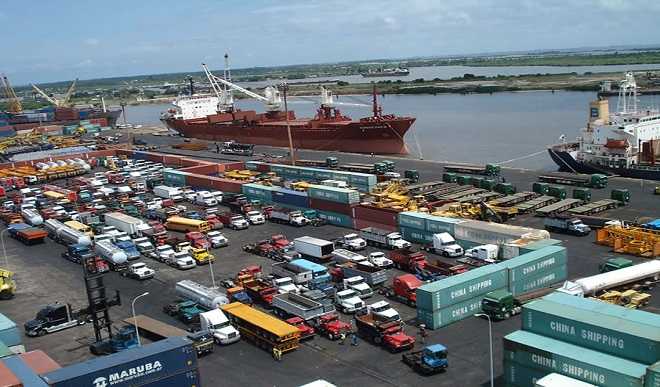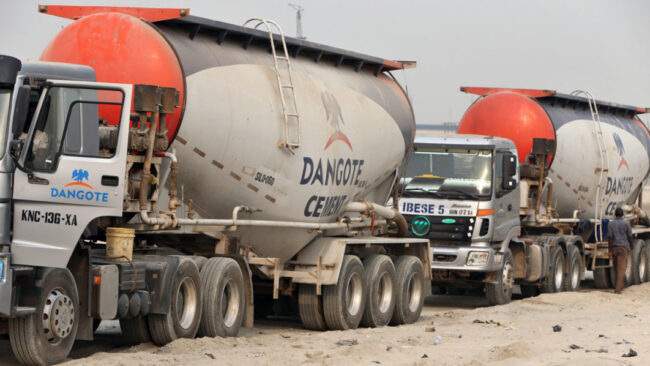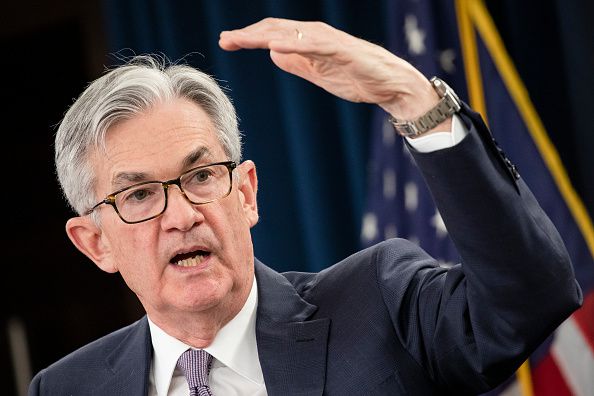The Nigerian licensed customs agents (ANLCA) says it will engage the national assembly on the new 15 per cent National Automotive Council (NAC) levy introduced by the Nigeria Customs Service (NCS) on imported ‘tokunbo’ vehicles.
Tokunbo vehicle is the local name ascribed to used vehicles imported into Nigeria.
Kayode Farinto, acting national president, ANLCA, said this in a statement on Tuesday.
He said ANLCA would write to the national assembly to express their grievance over the levy and for them to know the insensitivity of the current government.
Advertisement
“The 15 per cent National Automotive Council levy would be pursued vigorously immediately after the Sallah break. I am assuring you that the leadership would engage the national assembly on the insensitivity of the present government to the plight of the masses to have introduced the levy at this period when the economy is comatose. We will also ensure that the federal ministry of finance is dragged before the people’s representatives on this matter,” he said.
“Since the CRFFN governing council may also be inaugurated this week, it will be our first issue to be raised at the plenary, which needs urgent national attention. All our efforts to eliminate NAC-turned-levy are being done in collaboration with the motor dealers association.”
The NCS recently introduced a 15 per cent NAC levy on used imported vehicles, a decision that did not go down well with the agents.
Advertisement
The association argued that the NAC levy is mostly meant for new vehicles, questioning the rationale behind the introduction of the duty on used vehicles.
The agents under ANLCA initially planned to embark on a warning strike last month over the issue but suspended it due to the just-concluded holidays.
Timi Bomodi, national public relations officer, NCS, had said the move was in compliance with the Economic Community of West Africa (ECOWAS) Common External Tariff.
Advertisement
Add a comment







